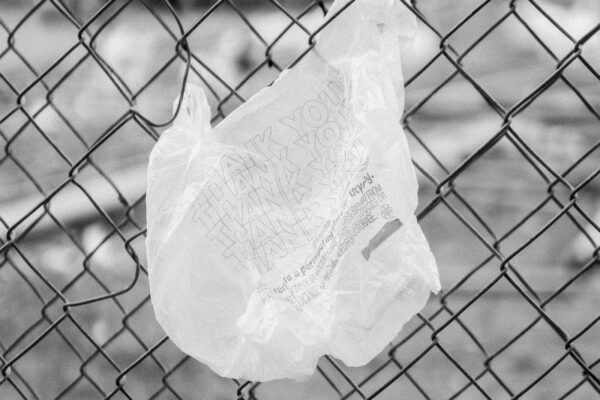
Arlington’s new bag tax is only a few days away from taking effect.
The tax, which was also enacted by neighboring Alexandria and Fairfax County after being authorized by the Virginia General Assembly, calls for certain stores to collect a five-cent tax on single-use disposable bags.
More from an Arlington County press release, below.
Beginning January 1, 2022, a five-cent tax on single-use disposable plastic bags will go into effect for grocery stores, convenience stores and drug stores in Arlington County, the City of Alexandria and Fairfax County. The Arlington County Board, Alexandria City Council and Fairfax County Board of Supervisors each adopted a plastic bag tax in September 2021, as a step to reduce the negative environmental impacts of single-use plastic bags.
To support the transition, the jurisdictions have been working closely with the Northern Virginia Regional Waste Management Board to align outreach, education, timelines and common language for the localities to ensure consistency and clarity. A regional informational website contains answers to frequently asked questions and multilingual outreach materials for retailers. Reusable bags have also been distributed with information about the plastic bag tax to Supplemental Nutrition Assistance Program (SNAP) and Women, Infants and Children (WIC) benefit recipients over the past few months.
The tax would not apply to:
- plastic bags intended for reuse;
- plastic bags solely used to wrap, contain or package certain items (ice cream, meat, fish, poultry, produce, unwrapped bulk food items or perishable food items);
- plastic bags for dry cleaning or prescription drugs; or
- multiple plastic bags sold in packages for garbage, pet waste or leaf removal.
Collected taxes may be used for environmental cleanup; providing educational programs designed to reduce environmental waste, mitigating pollution and litter; or for providing reusable bags to benefit recipients of either Supplemental Nutrition Assistance Program (SNAP) or Women, Infants, and Children Program (WIC).
Last year, after the state law passed, we asked readers if Arlington should enact the bag tax. About 57% of more than 2,000 respondents to our unscientific online poll said yes.
Today, we’re wondering if the bag tax will change your behavior — which, after all, is its primary goal. Specifically, do you plan to use fewer single-use plastic bags as a result of the new tax?

